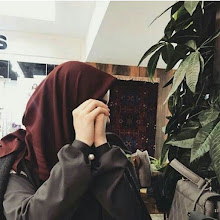Bapsi sidwa as Parsee writer being biased or not:
She comes from a Parsee background and thus is indifferent between religious differences. She tries
to stay neutral and leaves
the ultimate decision pending to the reader
instead of forcing it on the reader. But one can say that Bapsi is somehow biased towards her community throughout partition
we discover that Parsi Community keeps itself neutral towards the violence and later becomes the ‘masiha’ of the victims. Lenny’s mother goes
within the nights
to assist the Hindus
and therefore the Sikhs
to flee from the mass-killing. Godmother helps Shanta
to travel back to Amritsar to her family. Hence, where the Muslims, the Sikhs,
and therefore the Hindus are struggling for
the facility, the Parsis are struggling for existence and are neutral towards all of the communities and in
addition to it, they assist them in their needs. In an interview, Bapsi was asked that did your Parsee identity had some influence on your identity as a writer. She replied to them that how can someone cut herself
together with her background. My community
features a role in making my thoughts, ideas, beliefs.
Biasness on behalf oh the writer’s community confirms the tag the autobiography of the novel.
Therefore, Bapsi Sidhwa’s first-hand experience, observations, beliefs, and arguments are presented
within the novel through the words of an innocent child narrator. Though
the author herself says Lenny
isn't herself, one feels as if the narrator Lenny was
the author herself narrating
the entire story of the partition.
the author experienced the trauma as a Parsee child born and
mentioned in Pakistan so she presents the trauma from Pakistan’s point of view. She reproduces the experiences and events
during a manner
that creates the reader feel
an equivalent, though the 21-century readers
might not have witnessed the events themselves. Through the realistic description of a fictionalized story of partition, readers are made to feel as if they were present at the time of partition to witness the event and trauma. The novel
is often considered truly autobiographical, depicting the historical incident fictionalized and colored by the writer's reflections, opinions, beliefs, feelings, emotions, and imaginations.





0 Comments:
Post a Comment